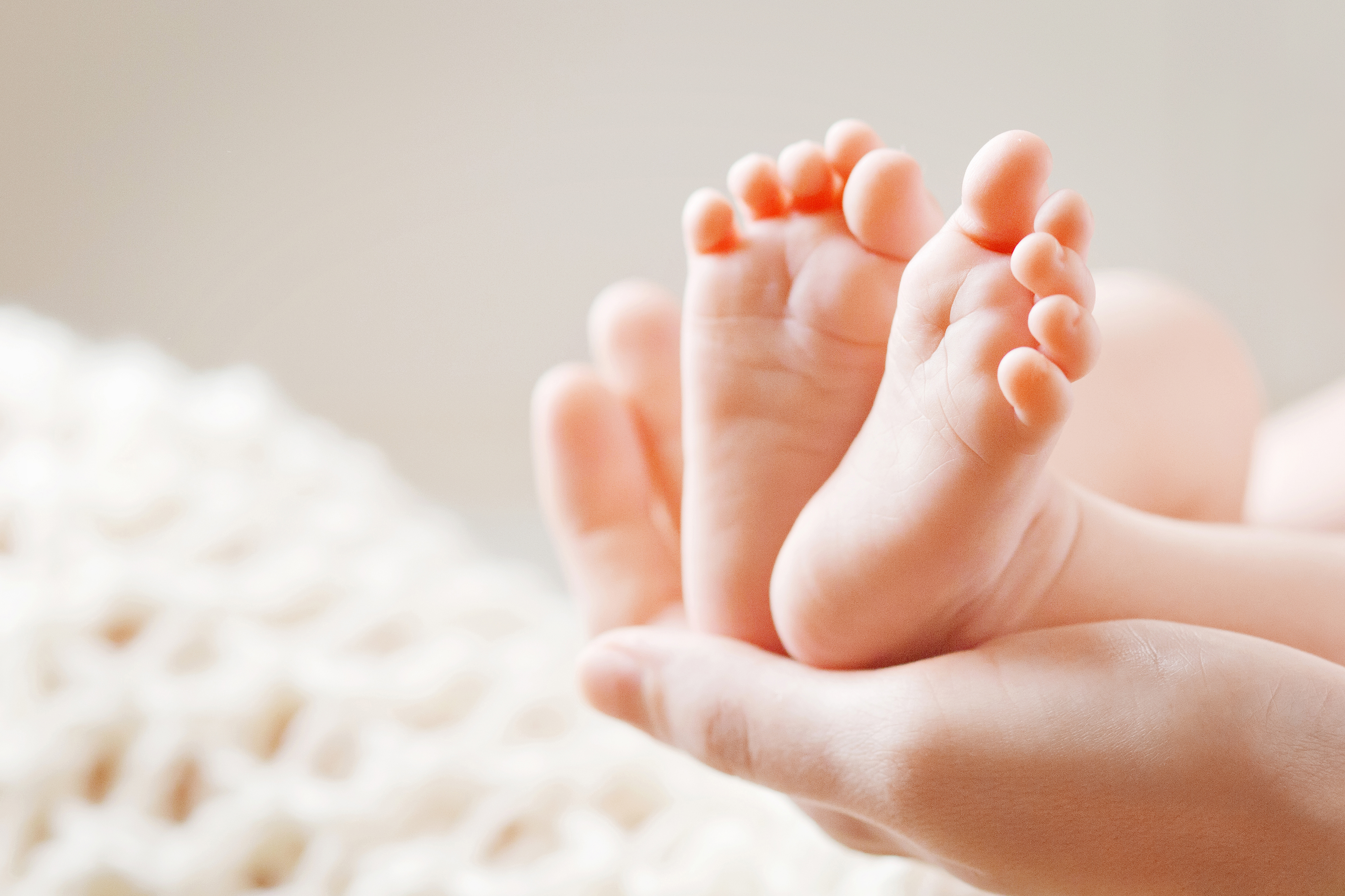Care and Protection

New Zealand’s care system has and continues to let down too many children, with political commitment required to redress wrongs and take important steps to improve future outcomes for children unable to live in their home of origin. By both investing in, and ensuring more equitable access to, support and culturally appropriate services and approaches, the government can live up to its responsibilities and promises to care and protect children and help all tamariki and rangatahi to live with love and mana.
Ensuring legislation, policy and practice meet commitments under the UNCRC, and that the UN CRC Committee’s recommendations are implemented, would help safeguard children’s future outcomes. This includes fully incorporating the Convention into domestic law, and meeting core principles around non-discrimination, best interests of the child, Right to life, survival and development; and child participation.
There are over 30,000 tamariki and rangatahi in New Zealand that are cared for by other loving family members or by caregivers who have become their legal guardians. These children have the same needs as the children that go through the formal State Care System, however they often don’t have the access to the funded support to meet their emotional, therapeutic, health or educational needs.
Additionally, more equitable access to culturally appropriate therapeutic and counselling services for care-experienced children and young people is vital to address trauma, promote mental health, and foster cultural identity. Training of caregivers is another under-resourced area of the care and protection system: further investment is required to support caregivers to provide a safe and nurturing environment, including whānau placements.
Community, family and whānau solutions are important for all children. Addressing the persistent overrepresentation of Māori children in State care also requires sustained efforts to support Māori-led solutions to keep tamariki with their whānau. See also recommendations put forward to, and accepted by, the UN Committee on the Rights of the Child’s Day of General Discussion on Alternative Care and Children's Rights here, alongside the .UN CRC Committee’s recommendations.
The Abuse in Care Royal Commission of Inquiry provides an avenue to address and prevent further harm. Commitment to implementing all recommendations put to government by the Royal Commission of Inquiry into the Abuse of Children in State and Faith-based care is necessary to help restore the power, dignity and standing of those affected by abuse in care, and prevent abuse in the future. This includes redress and practices which minimise further trauma and which support healing.
Oranga Tamariki consistently fail to meet their own basic National Care Standards. There needs to be accountability for consistently letting down our most vulnerable tamariki and rangatahi. There needs to be effective independent monitoring and clear consequences for failing to meet basic standards.
Aotearoa has shamefully high rates of family violence and sexual violence. Te Aorerekura provides a collective path to address these issues, and improve the wellbeing of children and whānau affected by violence.
More information: Strengthening safeguarding systems can help prevent harm. This includes ensuring primary prevention services who encounter and/or work with children are able to identify vulnerability, and respond safely and appropriately; and updating The Children’s Act 2014 to require all organisations who encounter or work with children are child safe and have child protection and safeguarding policies, procedures and practices in place.
This election, we encourage all New Zealanders to engage candidates with the following questions, then vote for those that answer YES!
- Does your party commit to ensuring legislation, policy and practice that meets New Zealand's commitments under UNCRC and the recommendations from UN CRC's concluding observations?
Does your party commit to implementing policies/legislation and resources to achieve better outcomes for all children in New Zealand unable to live in their home of origin?
Will you support Māori- and community-led solutions to keep tamariki with their whānau, and preserve their sense of belonging and identity?
Will your party commit to implementing policies that prioritise and support meaningful engagement and collaboration with families and whānau throughout the child protection process, while also monitoring and evaluating its implementation in practice?
Will your party commit to implementing all recommendations by the Royal Commission of Inquiry into the Abuse of Children in State- and Faith-based care?
Will your party commit to putting in systems of accountability for Oranga Tamariki, with clear actions and consequences for not taking any action?
Will your party pledge to prioritise Te Aorerekura in their action plan, ensuring that all communities and tangata whenua are actively involved in preventing and reducing harm for tamariki and whanau across Aotearoa New Zealand?
Will your party commit to building and strengthening workforce safeguarding and child protection capability and capacity to help prevent and reduce the risk of child abuse and neglect?